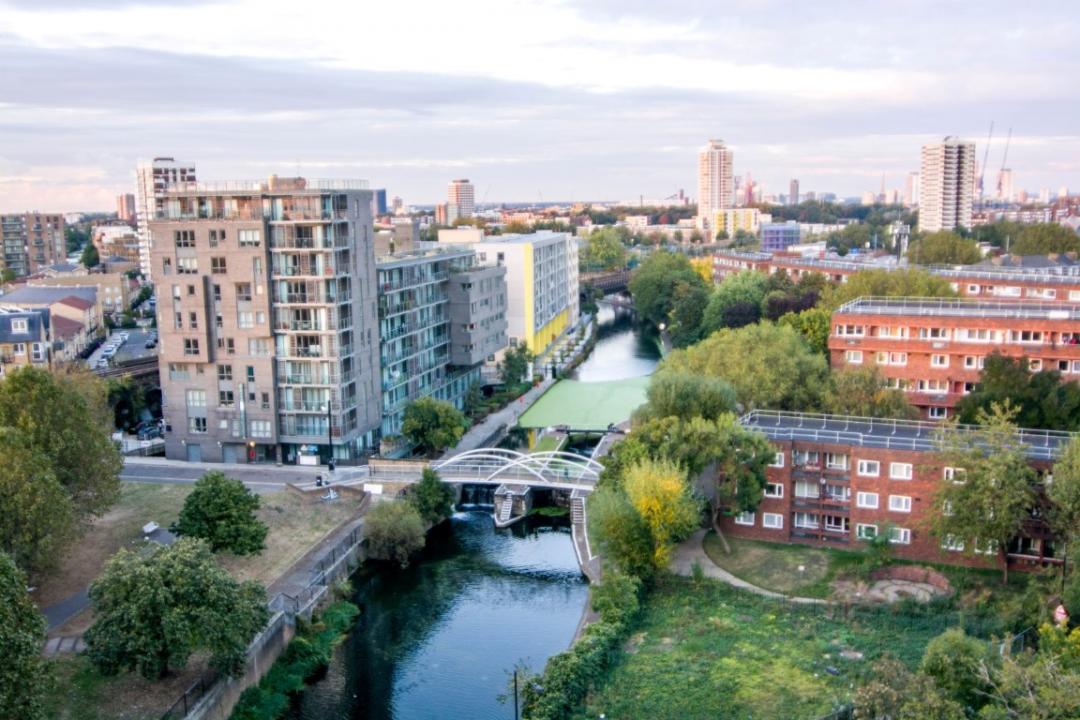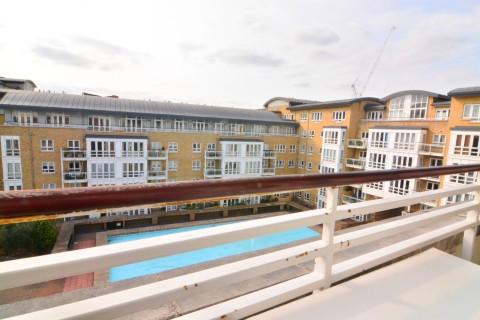Objectives of Selective Licensing
Selective licensing aims to:
- Improve living conditions for tenants by ensuring that landlords are responsible and that properties are adequately maintained.
- Reduce anti-social behavior by making landlords accountable for the conduct within their properties.
Licensing Process
The licensing process typically involves:
- Property inspections
- Landlord background checks
- Adherence to set conditions
Failure to comply with licensing requirements can result in substantial fines and legal action.
Criteria for Designating Selective Licensing Areas
The criteria for designating an area for selective licensing can include factors like:
- Low housing demand
- High levels of crime
- Significant migration
- Poor property conditions
- Prevalent anti-social behavior
Local councils often require approval from the Secretary of State to implement these schemes, although they can do so independently if the affected area is relatively small or if less than 20% of the local private rental sector is impacted.
Implementation and Fees
Each local authority has its own criteria and process for implementing selective licensing, and the fees can vary. Landlords in areas subject to selective licensing must apply for a license, and failing to do so can lead to enforcement actions.
For more specific details on how selective licensing works and how it may affect you as a landlord or a tenant, checking with your local council or their website is advisable, as the details can vary significantly from one area to another.
Borough-Wide Licensing Schemes
In the UK, several boroughs have implemented or are planning to implement borough-wide licensing schemes to regulate the private rented sector more effectively. These schemes are designed to ensure that all private rental properties meet specific standards of safety and management, particularly in areas with high concentrations of rental properties.
Greenwich
A new borough-wide additional licensing scheme for Houses in Multiple Occupation (HMOs) was initiated on January 1, 2024. This scheme aims to cover all HMOs across the borough, expanding the scope of regulation to include smaller HMOs that were previously unlicensed.
Lewisham
A new selective licensing scheme is set to come into effect on July 1, 2024. This extensive scheme is expected to cover nearly all privately rented properties in the borough, not currently covered under existing HMO licensing schemes. It's a move to improve housing conditions and management across a broader range of rental properties.
Tower Hamlets
A new borough-wide additional licensing scheme started on April 1, 2024, following a successful consultation process. This scheme also focuses on improving the standards of privately rented homes by ensuring that more properties are appropriately licensed and managed.
Implications for Landlords and Tenants
These licensing schemes typically require landlords to meet specific conditions related to the safety, maintenance, and management of their properties. Failure to comply can lead to significant penalties, including fines and restrictions on eviction rights. The overarching goal of these schemes is to improve living conditions for tenants and address issues like anti-social behavior and poor property management in the rental sector.
If you're a landlord or a tenant in these areas, it's crucial to stay informed about the licensing requirements and ensure compliance to avoid penalties and ensure that rental properties offer safe, well-managed housing. For more detailed information, visiting the respective council's official website or contacting local housing authorities would be advisable.
FAQs on Renting in London in 2024
What are the key changes in the Renters' Reform Bill?
The Renters' Reform Bill introduces several key changes aimed at providing greater security and rights for tenants. One of the most significant changes is the abolition of 'no-fault' evictions under Section 21, meaning landlords can no longer evict tenants without providing a valid reason. This change is designed to give tenants more stability in their homes. For more details, you can refer to the full article on the Renters' Reform Bill.
How will the new licensing requirements affect landlords?
New wide licensing requirements mean that landlords need to ensure their properties meet higher standards of safety and quality. This includes regular safety checks, maintenance, and adherence to local authority guidelines. Failure to comply with these requirements can result in penalties, so it's crucial for landlords to stay updated with the latest regulations. More information is available in the article on New Wide Licensing in the UK 2024.
What should tenants look for in a rental property?
Tenants should prioritize properties that offer modern amenities, energy efficiency, and good connectivity. Given the shift towards remote working, having a dedicated office space and high-speed internet has become increasingly important. Additionally, tenants should check the property’s compliance with safety standards and the reputation of the landlord or letting agency.
What impact will economic factors have on rental prices?
Economic factors such as inflation, employment rates, and interest rates significantly impact rental prices. A robust job market and low unemployment rates boost demand for rental properties, potentially driving up prices. Conversely, changes in interest rates can affect landlords' mortgage costs, which may be passed on to tenants through higher rents.








